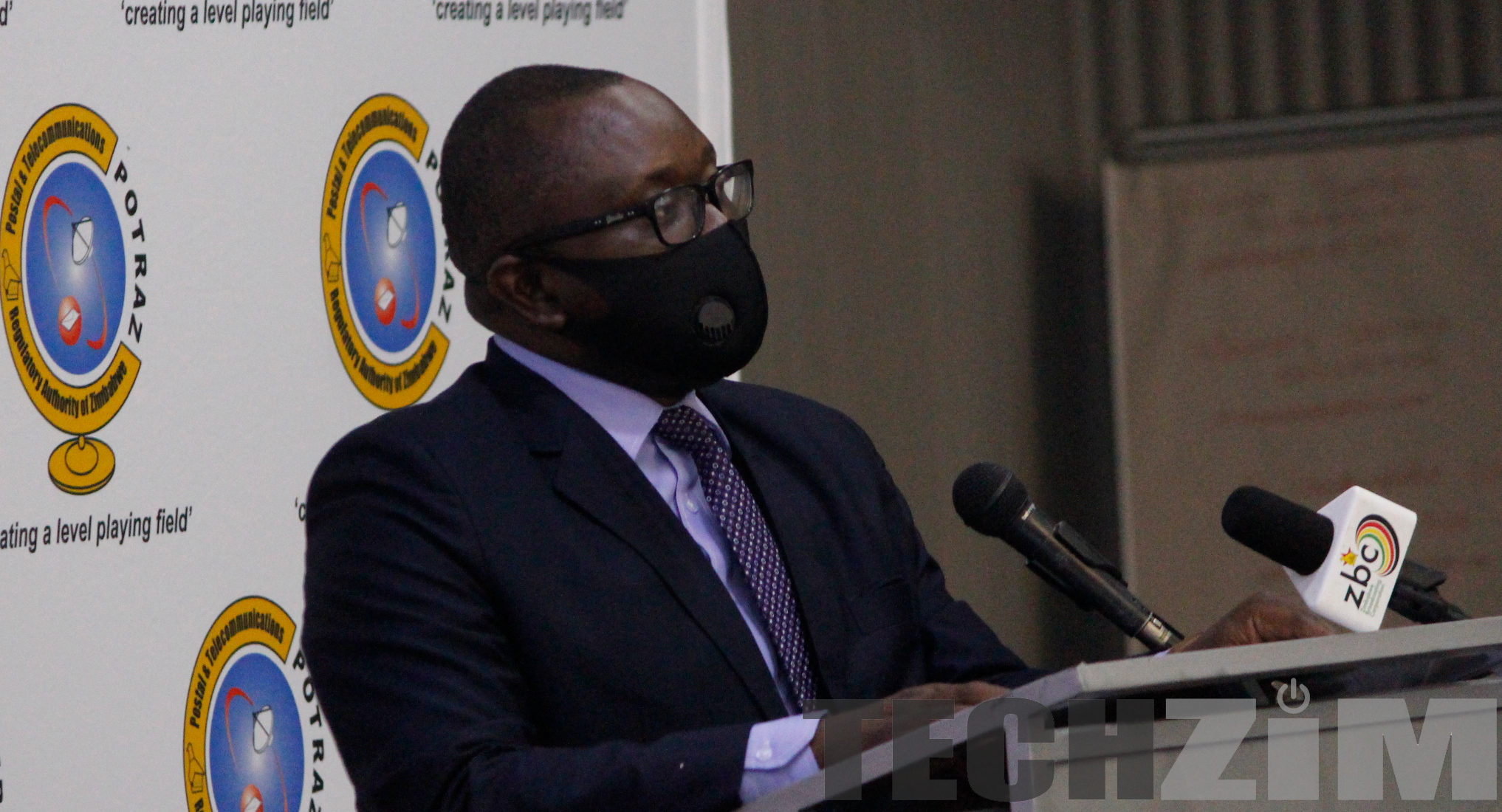The following is a press statement from the Minstry of ICT delivered by Minister Jenfan Muswere on Zimbabwe’s e-learning strategy:
The national e-learning strategy for schools in Zimbabwe is a broad initiative including the Ministries of Information Communication Technology, Postal and Courier Services; and Primary and Secondary Education. The National Development Strategy 1: 2021-2025 clearly articulates Information Communication Technologies (ICTs) as a key pillar for the development of a digital economy. As such the e-learning strategy is part of the SMART Zimbabwe 2030 Masterplan, which is one of the Cabinet approved Government priority programmes on Innovation, Science and Technology Development: 2019-2030. SMART Zimbabwe is pivotal to the emergence of Zimbabwe as a digital and knowledge driven economy. SMART Education is one component of SMART Zimbabwe, which seeks to increase the usage of ICT in the entire education sector regardless of geographical location or economic circumstances.
A reliable communications backbone is useful in curtailing the negative impact of future national or global emergencies like the COVID-19 pandemic. Digital learning complements the traditional classroom learning by improving access to content, and helps standardize learning. ICTs are thus enablers and catalysts across all sectors of the economy and assist in narrowing the digital divide, hence the need to harness this transformative technology for classroom development and inclusion in the national pedagogy framework. Electronic learning systems have transformed teacher-centred teaching and learning through focus on student-centred learning.
Pertaining to the provision of equipment, the Postal and Telecommunications Regulatory Authority of Zimbabwe (POTRAZ) continues to provide gadgets for schools, particularly in the rural areas, under the Connect a School-Connect a Community Programme formulated by the International Telecommunications Union (ITU). TelOne, NetOne, Econet, Telecel, Liquid Telecoms, Africom, Zimbabwe Academic and Research Network (ZARNet) and other telecoms sector players have also played their part in providing connectivity to schools and tertiary institutions. The International Telecommunications Union (ITU) and UNESCO are working in partnership to connect every school in the world and Zimbabwe is participating in this programme
The online learning initiative is premised on the following universal enablers:
a) The expansion and upgrading of the broadband infrastructure;
b) The acquisition of standardised gadgets for schools
c) The imparting of basic digital skills to educators (capacity building)
d) The development and delivery of content; according priority to home grown solutions
e) A federated content hosting approach to optimise and cut down on the cost of access and
f) The development of e-learning platforms
g) The availability of adequate resources for the national roll-out programme
The National e-learning targets are as follows;
a) The connection of 1500 schools to the broadband
b) The electrification of 434 schools
c) The manufacture of up to 150 000 devices at the National ICT Device Factory in Msasa
d) The development of mobile applications for use on the existing e-learning management system;
e) The e-learning content development will be undertaken by Instructional Designers, Materials Production Officers, and Teachers and should be in place by June 2021
f) Three thousand (3000) Teachers will have received basic digital skills (capacity building) by December 2021; and
g) E-learning will be delivered through audios, videos and text(multimedia) interactive materials.
For the programme to achieve the anticipated transformation and upliftment of the rural learnership, a multi-stakeholder coordinating structure will be constituted to steer the programme. The structure shall comprise the Office of the President and Cabinet, the Ministries of Information Communication Technology, Postal and Courier Services; Primary and Secondary Education; Higher and Tertiary Education, Innovation, Science and Technology Development; Energy and Power Development; and Information, Publicity and Broadcasting Services; Departments and Agencies.
Hon. Dr. Jenfan Muswere, M.P.
Minister of ICT, Postal and Courier Services

What’s your take?